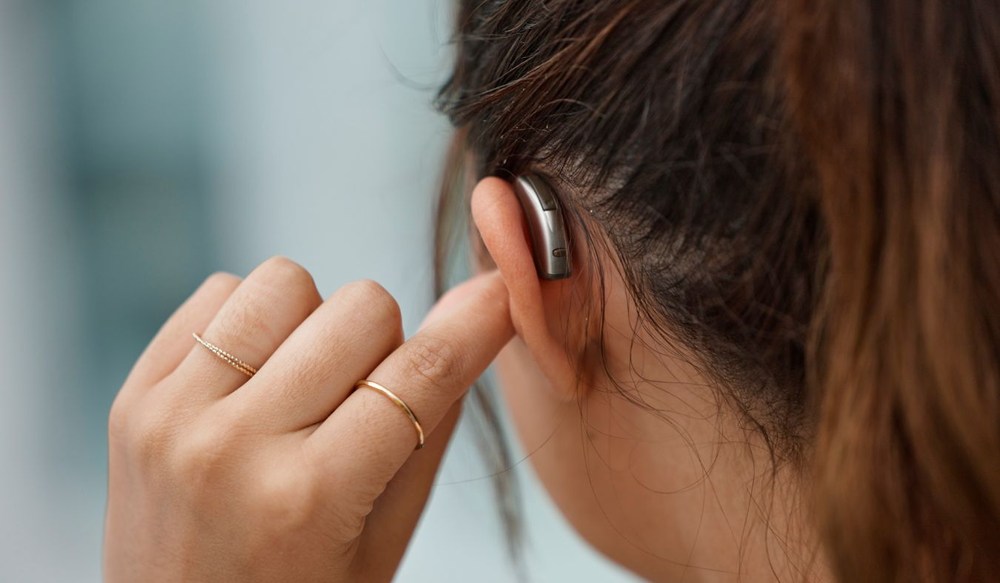The Impact of 5G on Hearing Aid Technology
As 5G wireless networks continue to expand, they are influencing how we
Call (844) 958-5304 to schedule today!


As 5G wireless networks continue to expand, they are influencing how we

Your hearing needs change dramatically throughout a typical day. The

Travel disrupts your normal routines in many ways, from changing your